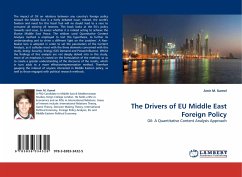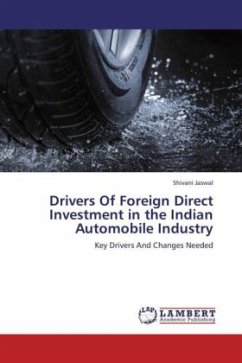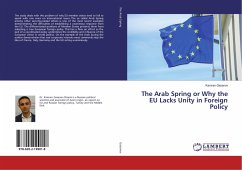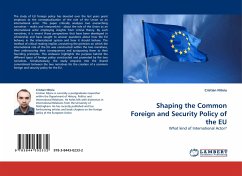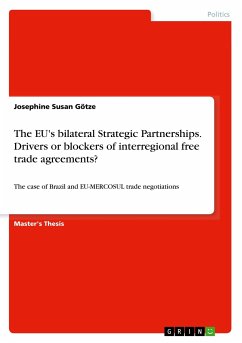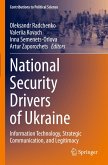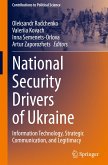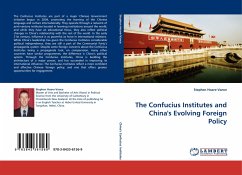The impact of Oil on relations between any country's foreign policy toward the Middle East is a hotly debated issue. Indeed, the world's fixation and need for this fossil fuel will no doubt lead to a race to consume all existing oil reserves. This book looks at the EU's policy towards said issue, to assess whether it is indeed acting to achieve the illusive Middle East Peace. The seldom used Quantitative Content Analysis method is employed to test this hypothesis, to further its understanding and to shine a different light on the 'problem'. A Neo- Realist lens is adopted in order to set the parameters of the Content Analysis, as it colludes most with the three elements concerned with this study, being: Security, Energy (Oil) Demand and Power/Influence. Whilst the findings of this analysis are not deeply delved into in this study, more of an emphasis is rested on the formulation of the method, so as to create a greater understanding of the discourse of the results, which in turn adds to a more effective/representative method. Therefore gauging the interest of anyone interested in Middle Eastern policy, as well as those engaged with political research methods.
Bitte wählen Sie Ihr Anliegen aus.
Rechnungen
Retourenschein anfordern
Bestellstatus
Storno

